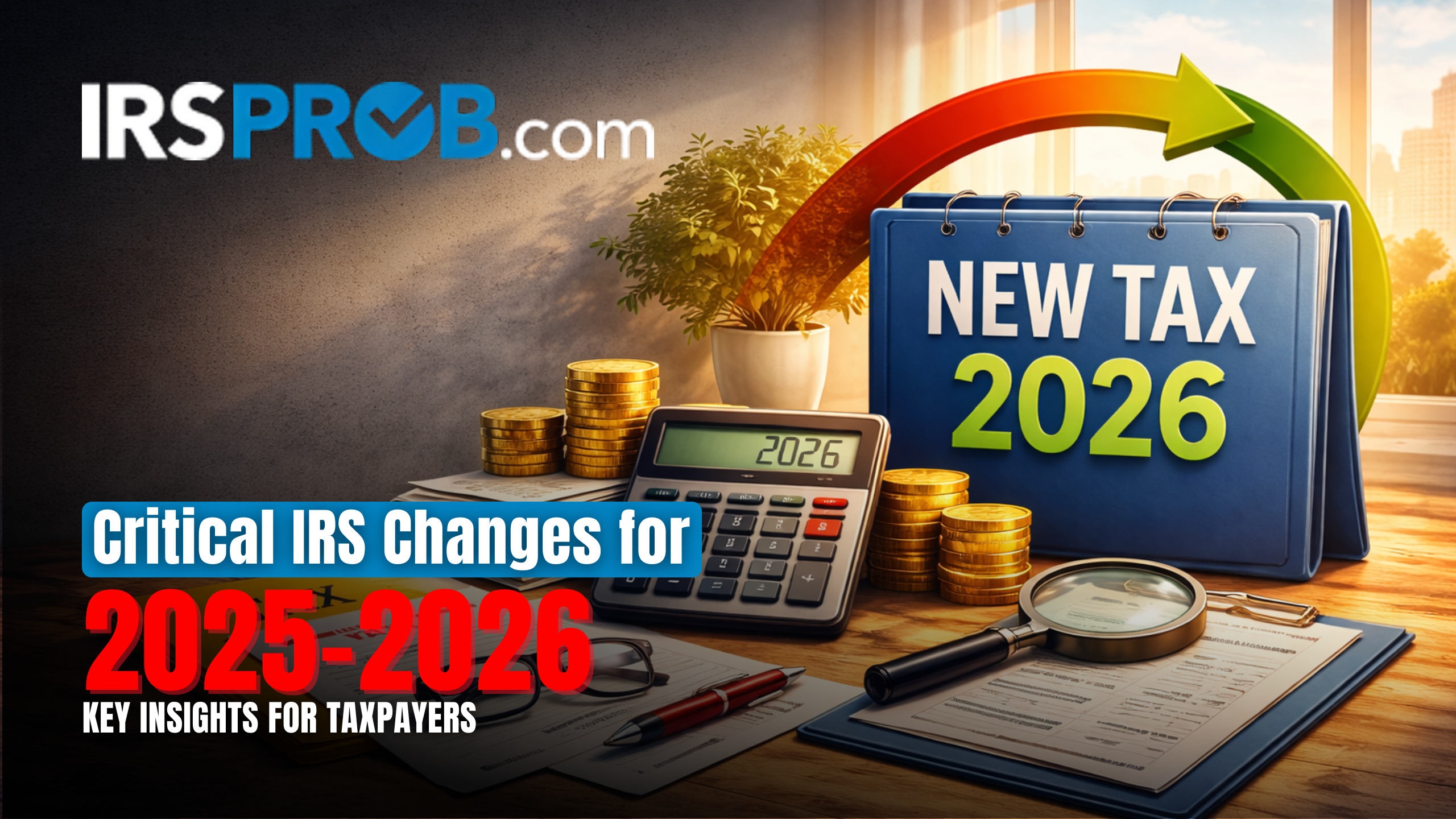
In a recent statement, former President Donald J. Trump announced his intention to eliminate the “double taxation” faced by Americans living abroad. This move marks another tax reform proposal targeting specific groups, as Trump seeks to broaden his support base among overseas citizens.
Understanding Double Taxation for Americans Abroad
Currently, U.S. citizens living overseas must file tax returns with the Internal Revenue Service (IRS), regardless of their residence. This can lead to double taxation, where they may owe taxes both to the United States and the country they reside in. Although Americans can deduct foreign taxes from their U.S. tax bill and may not owe anything to the IRS if their income is below a certain threshold (currently $126,500), higher-income individuals often still face a tax burden.
Who Would Benefit?
Trump’s proposal could mainly benefit wealthier Americans who reside in low-tax countries. Under current rules, the Foreign Earned Income Exclusion (FEIE) allows expatriates to exclude a portion of their foreign-earned income from U.S. taxation, but this does not apply to higher earnings, investments, or self-employment income that may be subject to both U.S. and foreign taxes. The proposed change could alleviate this burden, especially for high-net-worth individuals and business owners abroad who might currently face significant tax bills.
The Potential Economic Impact
The cost of implementing Trump’s tax proposals is substantial. Extending the tax cuts from his 2017 tax overhaul and introducing new reforms could cost an estimated $7.5 trillion over the next decade. These costs may be offset by increased tariffs on imports, potentially passing the financial burden onto lower-income Americans who spend a larger portion of their income on goods that could become more expensive due to tariffs.
Implications for Business Owners
For business owners residing abroad, the elimination of double taxation could mean substantial savings and a stronger incentive to keep or expand their businesses internationally. It could also encourage wealthy entrepreneurs to relocate to countries with favorable tax rates, enhancing their profitability without the concern of additional U.S. tax liabilities.
However, while the proposal offers potential benefits, its impact on the broader economy and the national debt remains uncertain. Business owners should weigh the advantages of possible tax savings against the potential for increased tariffs and other economic shifts that may arise from these reforms.
Conclusion
Trump’s pledge to eliminate double taxation for Americans living abroad could simplify the tax landscape for expatriate business owners, offering potential financial relief and strategic opportunities. However, the broader implications of this proposal, especially concerning increased tariffs and potential shifts in consumer prices, warrant careful consideration. Business owners should remain informed and consult tax professionals to understand how these changes might impact their financial planning.
Stay tuned to IRSProb.com for updates on tax reforms and expert insights to help you navigate the evolving tax landscape.







